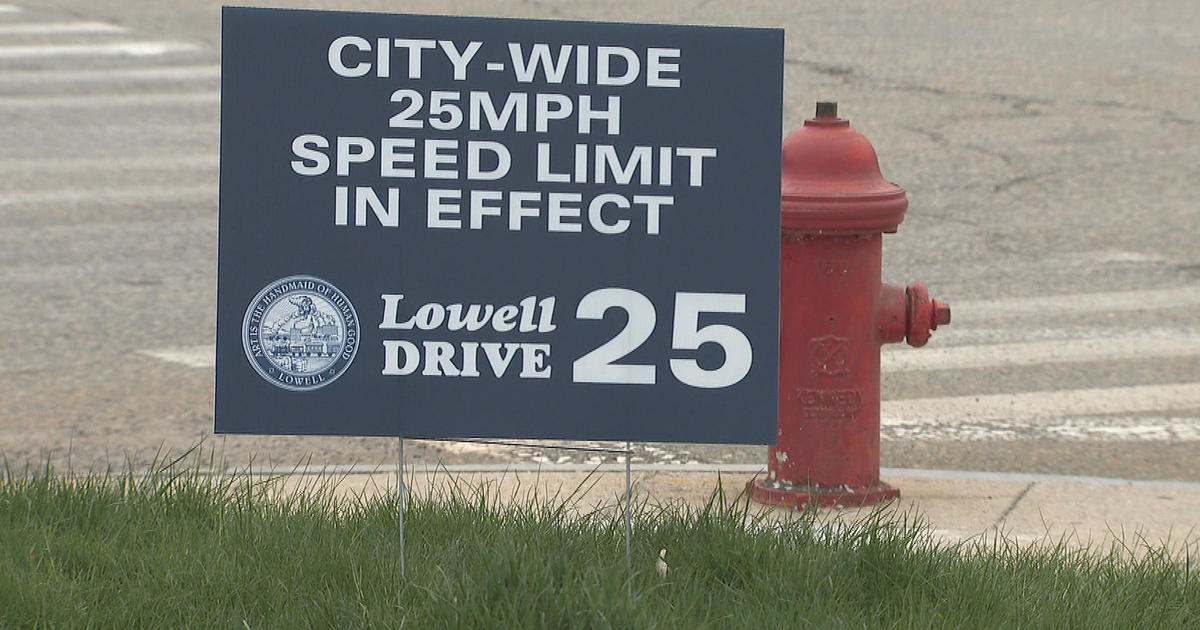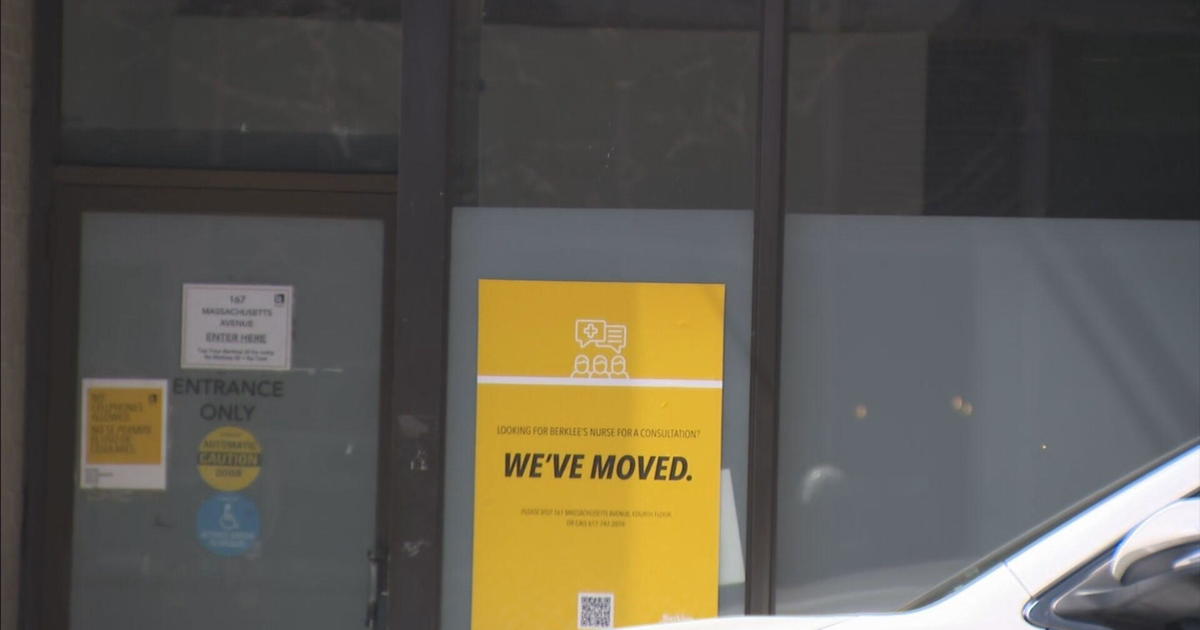Blood Type Could Determine Risk Of Certain Health Problems
BOSTON (CBS) - Do you know your blood type? The answer could determine your risk of certain health problems later in life.
In fact, as Dr. Mallika Marshall reports, one type has been linked to a higher risk of memory loss.
TripAdvisor employees donating blood at a Red Cross blood drive in Newton were surprised to hear that their blood type could affect their health.
"I didn't know that blood type was tied to disease risk," one woman said.
For example, people with type A blood may be more likely to get heart disease. And type B? Perhaps a higher risk of throat cancer.
Now a new study finds that people with AB blood, the rarest type, may be more likely to develop memory loss.
Dr. Ali Atri, a memory disorder specialist at Mass General, says researchers are just starting to make potential connections between blood type and disease.
"They found that, yes, people with AB and higher levels of the clotting factor probably had a higher risk of developing cognitive impairment," Dr. Atri said.
"There seems to be a bit of smoke there. I don't think we've found the source of the fire. But there's definitely something that elevates our risk with certain types of blood types."
Erin Millard from Boston is AB + and wasn't exactly surprised by the news.
"My mom and my grandma do tend to forget things and they're both AB + so it could be a possibility," Millard says. "Hopefully that doesn't happen for me."
Dr. Atri says if you have AB blood type, you're not doomed to have memory loss. There are things you can do to lower the risk, like exercise, get good sleep, eat well and very important, stay mentally active.
"If you're stuck in traffic, and you know an area, you can take back roads and you may get there slower, you'll eventually get there," Dr. Atri says.
"With mental exercises and social activities, you develop a lot of these back roads so if one source is blocked because of damage or dementia, you can get there another way, and you can function longer."
Even though Erin Millard is only 23, she plans to do just that.
"Right now I exercise but I think also doing some of those mental exercises and focusing on your mental health as well as your physical health is something I'll do down the road," Millard says.
One day, doctors may use your blood type to make recommendations on how to stay healthy, much like checking your blood pressure or cholesterol. Many people don't know their blood type, and one good way to find out is to donate blood.
MORE HEALTH NEWS FROM CBS BOSTON



